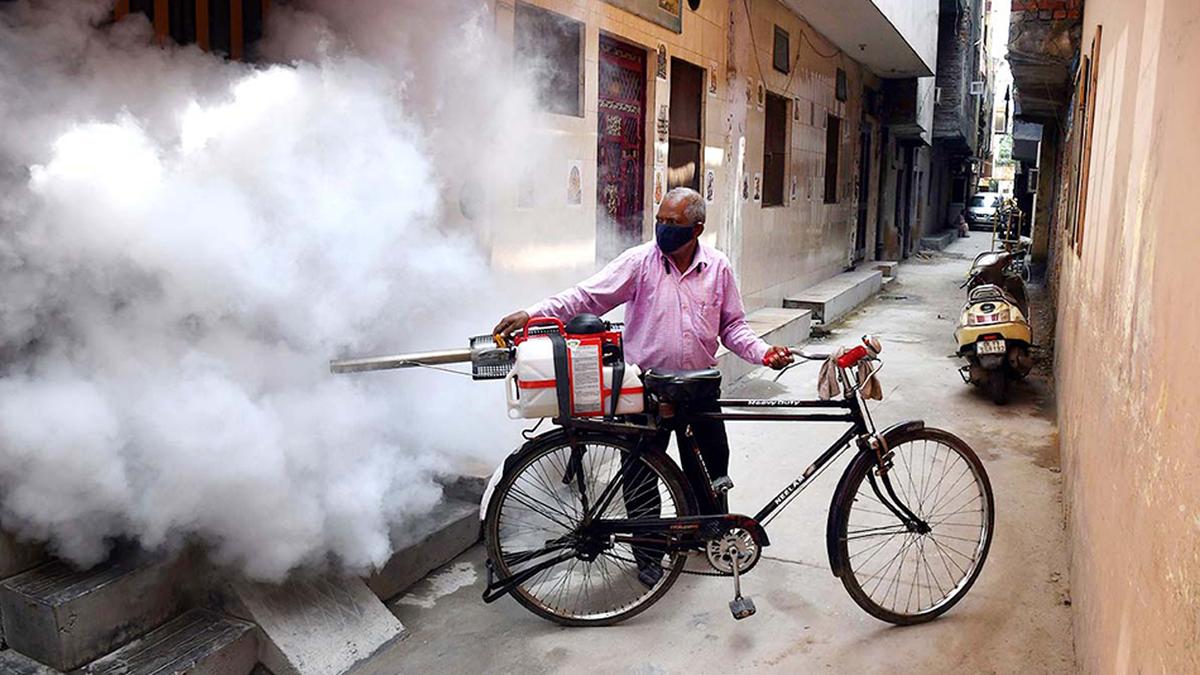The Beano, the world’s longest-running weekly comic, faces calls to stop promoting junk food after an investigation found many of its quizzes revolve around meals and snacks containing high levels of sugar, salt and fat.
Health experts described the content on the Beano’s website as “incredibly irresponsible” and urged the company to take action.
An investigation by the British Medical Journal found the website – promoted as a digital hub for six- to 12-year-olds – showcases products from well-known brands that are harmful to children, including fast food, confectionery, soft drinks and ultra-processed food.
Since its digital launch in 2016, 47.9 million children have visited beano.com, which includes frequent references to well-known high fat, salt and sugar (HFSS) brands, experts from the London School of Hygiene & Tropical Medicine found.
Content includes an ‘Ultimate McDonald’s quiz’, ‘How well do you know the Nando’s menu’ quiz, and a ‘Skittles jokes’ page. There is also an ‘Ultimate food logo’ quiz, whose 10 answers are: Greggs, Heinz, Pizza Hut, Nando’s, Subway, Domino’s, Quorn, KFC, Pizza Express and Burger King.
There is also a quiz that features alcohol, with the question ‘how long have humans been making beer for?’ accompanied by an image of a pint being poured, reported the BMJ, which added that there was no suggestion that any of these quizzes have been paid for by the brands themselves.
Health experts said they were disappointed with the Beano’s willingness to showcase so many junk food brands and to put them right at the front of children’s minds, even if it was not taking money from the companies themselves.
Kat Jenner, director of nutrition, research, campaigns, and policy at the Obesity Health Alliance, said: “It is an incredibly irresponsible way of promoting unhealthy food.”
Boyd Swinburn, a professor of population nutrition and global health at the University of Auckland and honorary professor at the Global Obesity Centre in Melbourne, said the Beano was being “naive” in giving “free advertising” to HFSS brands and products.
He called for the comic to stop showcasing products that are harmful to children – including alcohol, fast food, confectionery, soft drinks and ultra-processed food.
“Corporations which are clever enough to capture and hold children’s attention need to have very high ethical standards to ensure that they are not exploiting those same children by promoting unhealthy products to them,” he said.
Henry Dimbleby, lead author of the National Food Strategy, which called for a salt and sugar tax on processed food, told the BMJ: “People at Beano might be thinking: ‘Oh, well, you know, it’s just a little bit of fun, that’s what the kids like.’ But I just think it is all-pervasive in society. This stuff invades every element of their lives.”
The former health minister, James Bethell, said: “What annoys me about this is just the relentlessness of it in young people’s lives. There’s no escape.”
Through quizzes and games, beano.com also collects data on children’s consumption preferences, which is then sold, on an anonymised basis, to companies wanting to find out more about what children like and don’t like, the BMJ reported.
The Beano insisted that its surveys meet all legal and data protection obligations, and said: “Any suggestion that Beano is somehow contributing to increased consumption of HFSS products in children is false, misleading and damaging.”
It added: “We take enormous care in what we present to children, particularly around health and wellbeing,” adding that its website also runs some positive content about fruit, vegetables and healthy eating, including the “Ultimate vegetarian quiz”.









![Best Weight Loss Supplements [2022-23] New Reports!](https://technologytangle.com/wp-content/uploads/2022/12/p1-1170962-1670840878.png)




